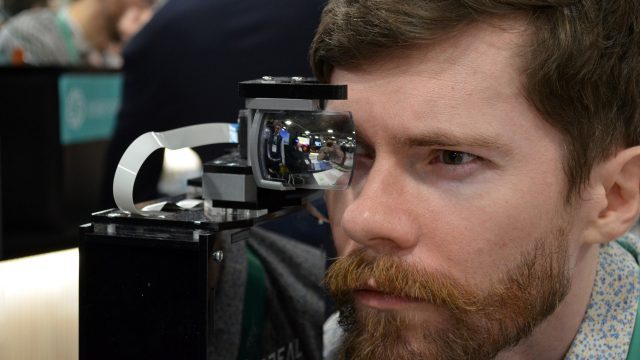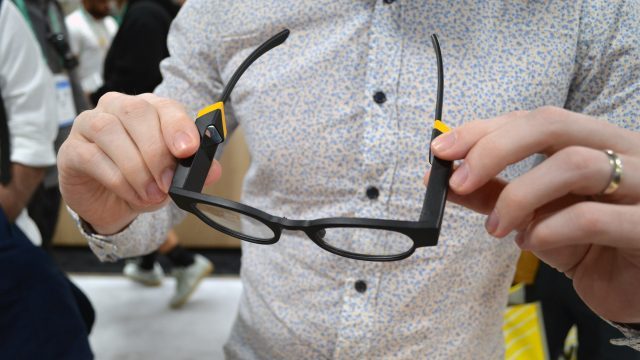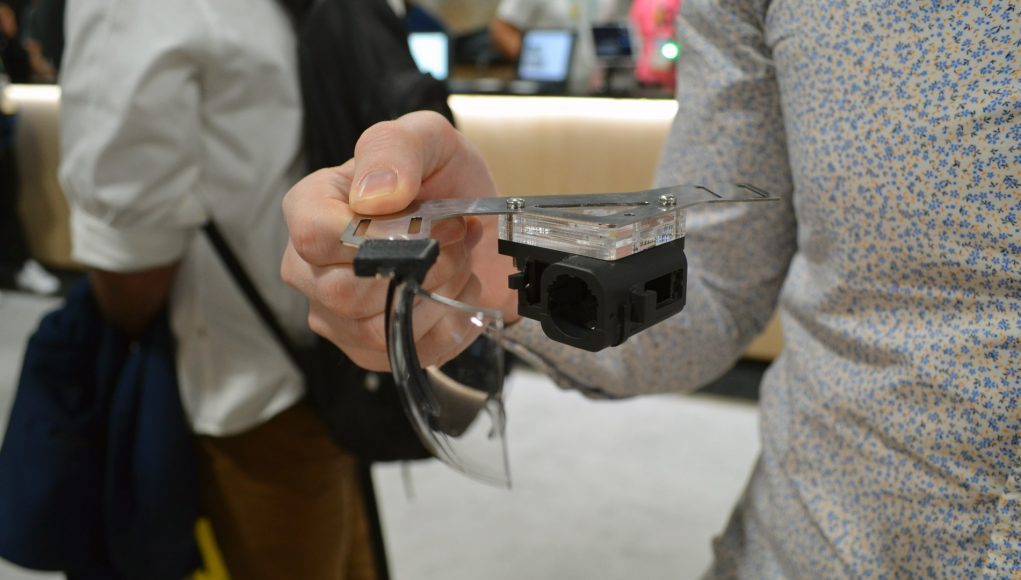When we caught up with CREAL and its light-field tech at CES 2020 this week, the founders also filled us in on the latest happenings with the company, including the closure of a recent funding round which, between investments and grants, brought in $7.4 million.
CREAL is building a novel light-field display for AR and VR headsets which promises to make virtual imagery more natural by more accurately modeling the way that light from the real world actually interacts with the human eye. At CES 2020 this week we saw the latest progress the company has made toward shrinking its hulking prototype down to size.

We also learned that, as of last month, the company quietly secured an additional ~$7.4 million in funding to continue development of the tech.
The bulk of the funding comes from a Series A financing round in which CREAL raised 4.3 million CHF (~$4.41 million). The round was led co-led by Swiss investment firms Investiere and DAA Capital Partners, with participation by tech entrepreneur Ariel Luedi and existing investors from SICTIC.
CREAL also picked up 2.5 million CHF ($2.56 million) as a grant from the European Innovation Council, and another 500K CHF ($514K) as a subsidized loan from the Fondation pour l’Innovation Technologique.
As a ‘deep tech’ startup working on a technology as intangible and difficult to explain as light-fields, it’s impressive that CREAL has managed to convince investors of the value of its tech. The new funding will greatly extend the CREAL’s runway.
At CES 2020 this week, CREAL founders told Road to VR that the company doesn’t intend to create or market a light-field headset itself. Instead it plans to be a creator and licenser of the technology, and work with partners who want to use the tech in their own headsets. CREAL says it’s already sending development kits to select partners which are interested in the light-field display.

Following the static-mounted demo we saw at CES 2020 this week, CREAL believes that it will have its first head-mounted prototype working within the next six months. The goal is to bring the tech down to size, first to fit into VR headsets, and then eventually AR glasses.







